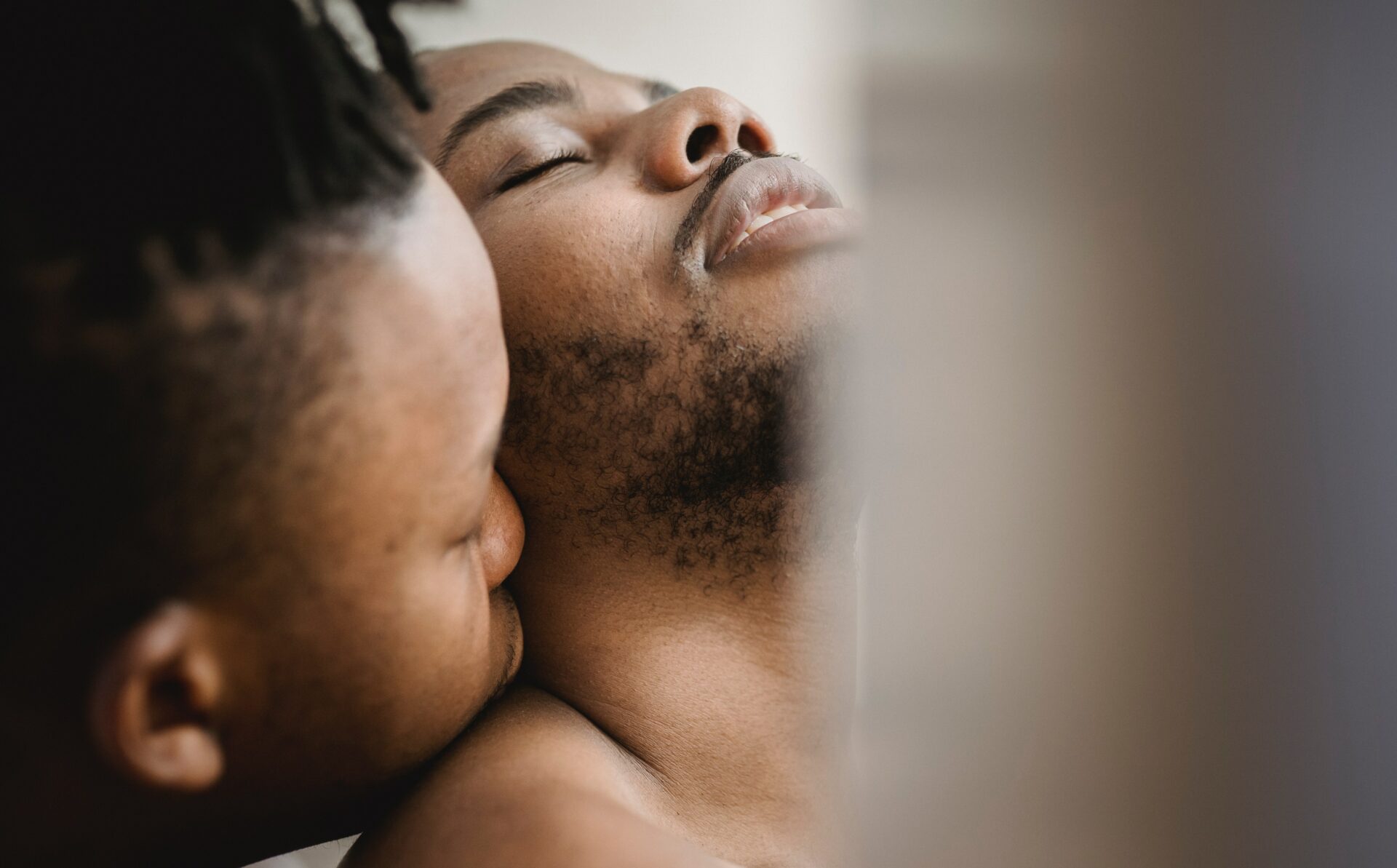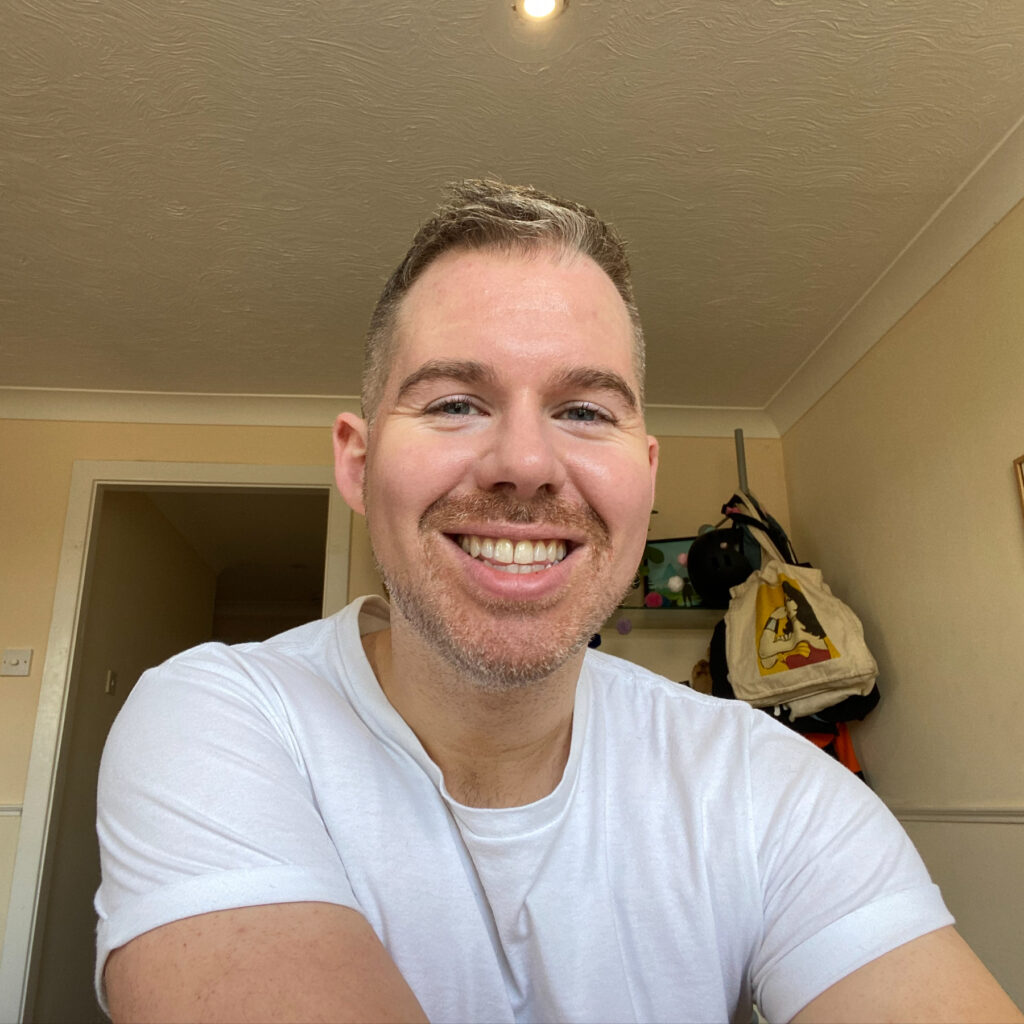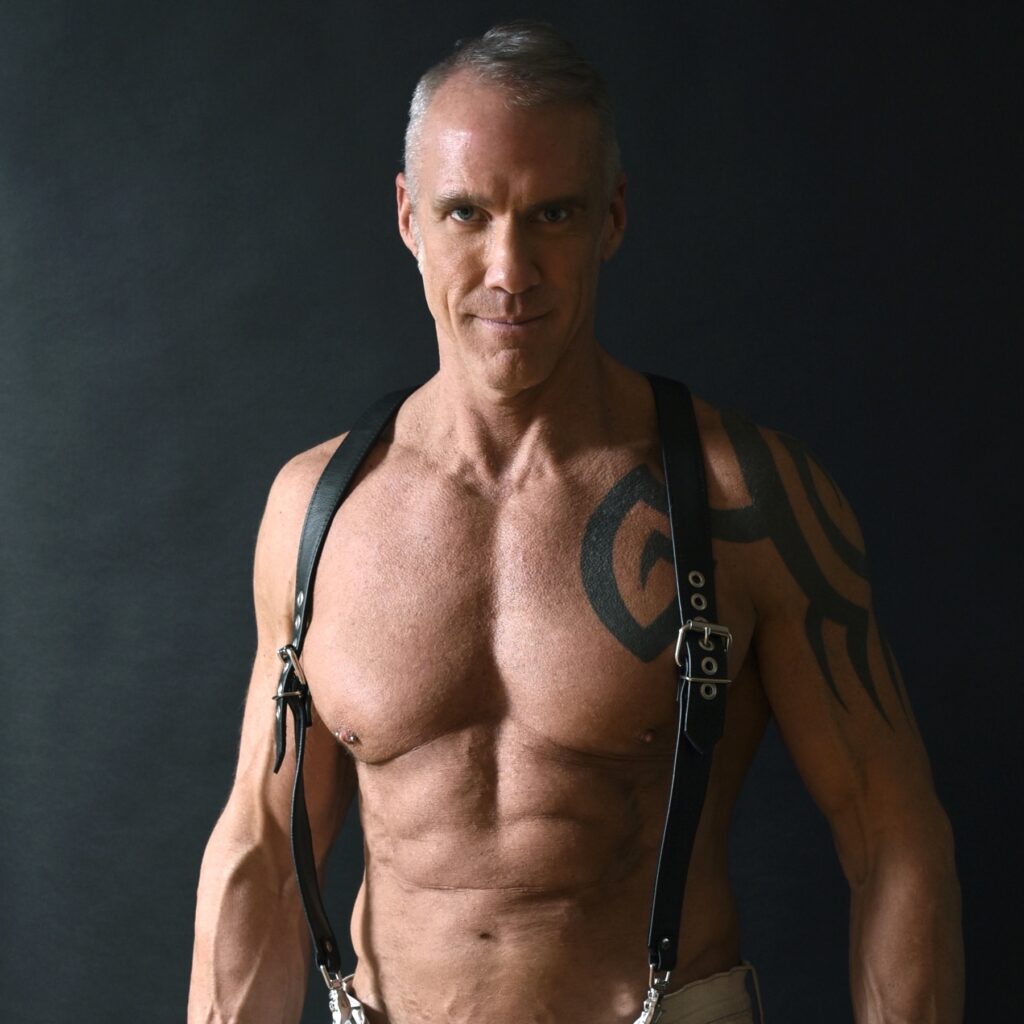Should online porn require mandatory ID or age verification?
Four leading LGBTQIA+ figures give their takes on the ongoing debate around adult content and online safety.

In 2017, the UK became the world’s first country to pass a law requiring online commercial pornography to implement age verification systems for users. While the plan was eventually abandoned in 2019 and looks set to be repealed entirely with the government’s Online Safety Bill, debate still rages as to the best way to balance youth safety with individual privacy online.
Here, four leading community figures offer their takes on whether we should be verifying our ages or identities before getting off…
Matt Horwood, communications director

This feels like a provocative question, as many might see it as pitting our right to privacy against protecting the wellbeing of our youth — but I don’t think those things are mutually exclusive. Let’s think about queer young people, for example. Recently, Rishi Sunak implied that as prime minister, he would have stripped back sex and relationship education. Both his and the now Prime Minister Liz Truss’s latest attacks on various human rights legislation have worried many that a resurgence of Section 28 could be in our not-so-distant futures. If our schools can’t provide an informative and safe space for queer youth to discuss or learn about sex, where do these kids turn? Speaking from experience (as a gay person who used to be young), I can tell you that viewing online content is one of the safer alternatives. This no doubt extends to young people outside our community, too. Parents and guardians will always take steps to protect children and that’s their right, but a blanket, government-imposed law that enforces the provision of ID to consume adult content would amount to surveillance and an infringement of privacy. It also feels recklessly ignorant of the realities faced by many growing up today.
Dallas Steele, adult star

Age verification to view online porn would eliminate a myriad of problems in the adult industry. Much of the recent legislation in the US, including 2018’s incredibly flawed FOSTA- SESTA law [intended to stop online sex trafficking], has been passed under the guise of ‘protecting children’. This and similar measures have instead had a chilling effect on sex workers and legal pornography by making content producers and distributors jump through challenging legal hoops. Much of this could be avoided by simply requiring that every viewer provide proof of age with government-issued photo ID. As I see it, privacy concerns connected with providing this are largely unfounded. In my almost 10 years in adult movies, I’ve never once heard of an adult website releasing (intentionally or accidentally) confidential user information. To ease these concerns, baseline standards could be established for the adult industry. Moving forward, the business is going to have to be more stringent about age verification if it has any hope of avoiding even more oppressive regulation by those who would like to see our right to view pornography removed altogether.
Yasmin Benoit, model and asexuality activist

The internet needs regulating — children, in particular, should be protected from harmful content and people should be discouraged from creating it. However, I don’t think that implementing obligatory age verification for those accessing explicit material is the solution. In fact, it could cause more harm than good, because what is seen as ‘explicit’ is subjective. It could make it harder for young people to access educational sex resources, particularly LGBTQIA+ sex education, as queer content is more likely to be perceived as unsuitable for children. When I was at school, they tried to stop us from accessing anything ‘inappropriate’ on the computers — you couldn’t even find out the biological definition of the word ‘vagina’. Naturally, we found a way around it. A recent YouGov survey found that more than three-quarters of adults in Britain would be opposed to providing their ID to view adult websites, but I strongly doubt that they will stop consuming porn if the mandates are put in place. Instead, people will move away from the likes of PornHub to less regulated, underground content.
James Hodge, journalist

Although I’m apprehensive about ID verification, we’re too far down the rabbit hole to pretend that our internet usage isn’t already tracked, traced and monitored. Just look at how popular porn-streaming sites adapt their offerings according to the sexual preferences of the viewer. ‘They’ already know that we are watching. We happily hand our personal information to Amazon, Netflix, Deliveroo… Why do we treat porn differently? Perhaps because it feels like something private, a habit to be kept behind the bedroom door. Being more open about our consumption of adult material — literally putting our names to it — could be a step towards normalising something we all indulge in. After all, if everybody watches it, why be secretive about it? A shift in outlook is long overdue. Recognising the important role porn plays in daily life would also encourage acknowledgement of its performers. Porn actors have long been marginalised, but sex work is just that — work. This could be the time to destigmatise the industry and celebrate its talent. Verification is, at this point, inevitable, so in my opinion it’s our attitude to porn that needs to change.
